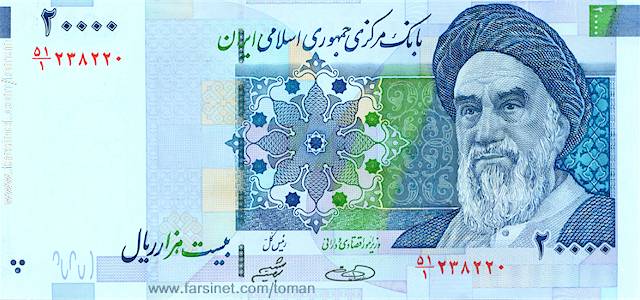Iran Feature: The Top 10 Stories of 2012 --- A Currency Falls, Sanctions Expand, and Political Prisoners Continue to Resist (Farhi)
 Closed Cirrency Exchange, Summer 2012This year forcefully disproved the assumption that imprisoning political and civil society activists and critics silences them and fixes the Islamic Republic’s dissident problem.
Closed Cirrency Exchange, Summer 2012This year forcefully disproved the assumption that imprisoning political and civil society activists and critics silences them and fixes the Islamic Republic’s dissident problem.
Former presidential candidates Mir Hossein Mousavi and Mehdi Karroubi remained incarcerated in their homes (the former along with spouse Zahra Rahnavard) without being charged and remained mostly without any kind of access to the outside world. But letters written by political prisoners about prison conditions and solidarity among prisoners — as well as the woeful state of the country’s politics — made it out of the prisons and were sufficiently covered by external news and activist outlets for many inside Iran to become aware of them.

 Tuesday, January 1, 2013 at 8:56
Tuesday, January 1, 2013 at 8:56




